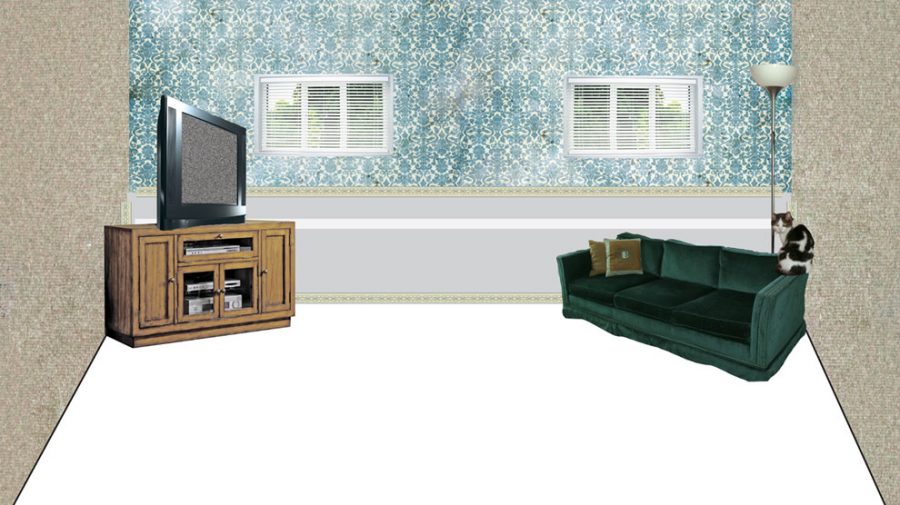For students who have made it through their freshman year of college, the option of living in off-campus housing presents a viable alternative to the more supervised lifestyle of residence halls.
Many students begin securing contracts for off-campus rental property by the beginning of October to prepare for their living arrangements for the following academic year, said Mike Swope, regional manager of The Woodlands, a student apartment community in Tuscaloosa.
Swope said the peak of the student rental activity occurs in January, so housing options begin to dwindle by spring break.
“After spring break, the availability of rental property is a little more limited,” he said.
The Woodlands issues resident profiles to students who do not have a roommate in mind that covers characteristics, such as sleeping schedules, study habits and movie and music tastes, so as to match strangers together, Swope said.
However, he said most students have a roommate in mind when signing a lease.
Julie Elmore, assistant director of off-campus and greek housing, said students need to have a trustworthy roommate in mind when signing a contract for a rental property.
“The roommate you choose needs to be somebody you know who has a history of financial responsibility and has a common sense responsibility to your safety, like not lending keys to other people,” she said.
Students wishing for assistance in locating off-campus property can contact the housing department. The housing department database lists about 300 properties so that students can evaluate a property based on its amenities, décor and distance from campus, Elmore said.
The University uses a residential rental education program called Crimson Choice to evaluate the safety of a property. The program bases its ratings on more than 50 criteria for owners who consent to have their rental property inspected, Elmore said. Students can find properties approved by Crimson Choice at the website, crimsonchoice.ua.edu.
The transition from home to residence hall and then to off-campus can be disruptive, Elmore said, because students must worry about aspects of domestic life that were previously taken care of at home and in a residence hall, such as bills for power, cable, water, rent, pest control and utilities.
She said most of the concerns students mention pertain to roommates who have dropped out of the University, leaving one person to manage the financial end of a lease.
“Make sure that you know that you are rooming with this person,” she said.
Keith Moynihan, a sophomore majoring in civil engineering, said he wants to move off campus to escape the restrictions associated with life in a residence hall.
“I like having the option to cook,” he said. “You can do it at some of the dorms, but it’s not very convenient having to go upstairs in Ridgecrest South. You [also] have to worry about people stealing your stuff.”
Moynihan said the issues of cost and freedom factor into his decision to leave on-campus living.
“It’s just freedom,” he said. “If I can get it cheaper, then I’ll go off campus, even if I have to drive a couple miles to commute.”
Kameron McAdams, a senior majoring in mechanical engineering, said he understands the attraction of off-campus living, but he prefers living on campus.
“I have a friend that lives at The Retreat,” he said. “The atmosphere is really cool, but me personally, I really prefer the convenience of staying on campus.”
McAdams, a resident adviser at one of the Lakeside residence halls, said he enjoys not having to commute to campus so as to arrive to class on time.
“A lot of people want to get off campus because it makes them feel more adult and there are not as many restrictions,” he said, “and they don’t have to worry about getting in trouble by an RA.”










